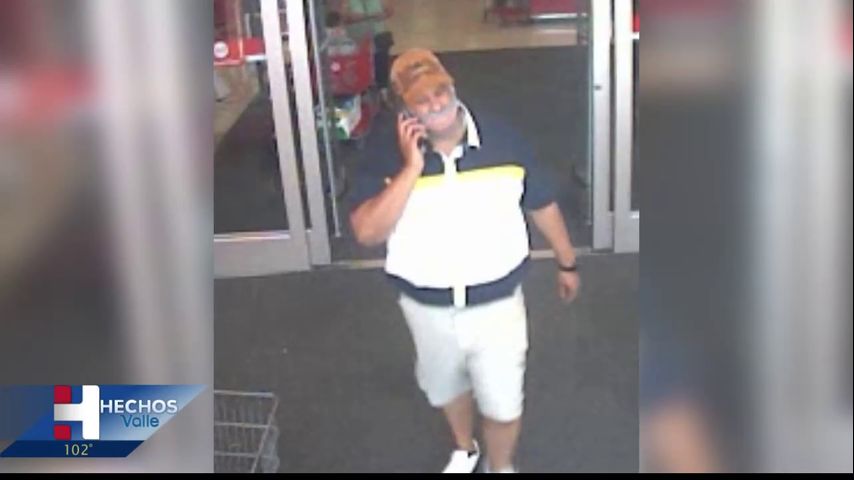NEW YORK – Victims of human trafficking in New York State now have new resources and support thanks to eight pieces of legislation signed Wednesday by Governor Kathy Hochul.
These new laws will ensure that places like airports, bus terminals, hotels, and truck stops prominently display human trafficking information. This will inform employees and visitors of crucial information about human trafficking, as well as provide discreet ways for victims to learn of their rights and available resources.
“We must do everything in our power to end the scourge of human trafficking and protect the thousands of people who fall victim to this heinous practice in New York,” Governor Hochul said. “New Yorkers should know the signs of human trafficking and be prepared to help defend victims. I am proud to sign this legislative package, which includes campaigns that will raise awareness and help make a meaningful difference to thousands of lives.”
What are the new laws that support victims of human trafficking?
Human Trafficking Recognition Training:
- Legislation (S.7360/A.9821) will require all Alcohol Training Awareness Programs certified by the New York State Alcoholic Beverage Authority to include a training component on human trafficking. This will increase awareness and understanding of the signs of human trafficking to allow warning signs and victims to be identified so that they can respond when necessary.
- Legislation (S.244B/A.887C) Requires every inn, hotel, motel, and motor court to include human trafficking victim recognition training for every employee who is likely to meet guests. This training will be provided to each employee within the first 60 days of employment. The Division of Criminal Justice Services and the Office of Temporary and Disability Assistance will provide or approve the training curriculum.
Awareness of Human Trafficking Services:
3. Legislation (S.8711A/A.9883A)Will require all Highway Authority restrooms to post information about services for victims of human trafficking, as well as the number of the National Human Trafficking Hotline. This will allow service areas greater visibility into the resources available to victims to help them escape their situations. Motorized vehicles are used in more than 80% of traffic operations, many of which may stop at the 27 service areas operated by the New York State Thruway.
4. Legislation (S.8678/A.9814)– Requires all truck stops to post information about services for victims of human trafficking, as well as the National Human Trafficking Hotline number, in their restrooms. This will provide victims with a greater awareness of the resources available to help them escape their situations.
5. Legislation (S.8710/A.9406): requires all commercial service and general aviation airports to post information about services for victims of human trafficking, as well as the number of the national human trafficking hotline. Airlines are a common hub for human trafficking both domestically and internationally. By providing the necessary information in a visible place, potential victims of human trafficking will be made aware of the resources available to help them out of their situation.
6. Legislation (S.8262/A.9169)Will require all Port Authority airport restrooms to post information about services for victims of human trafficking, as well as the number of the national human trafficking hotline. Airlines are a common hub for human trafficking both domestically and internationally. By providing the necessary information in a visible place, potential victims of human trafficking
7. Legislation (S.8573/A.9410)Will require all Port Authority bus terminal restrooms to post information about services for victims of human trafficking, as well as the National Human Trafficking Hotline number. Due to the anonymity and convenience of the bus terminals, they are known centers used by victims of trafficking. By prominently displaying information about various services for victims of human trafficking, as well as the number of the National Human Trafficking Hotline, more victims will be aware of the resources they can use to escape their captors.
8. Legislation (S.3374B/A.7818B): will require establishments that sell alcoholic beverages or adult entertainment to display notices of human trafficking offenses and clearly display the National Human Trafficking Resource Center hotline, as well as the Human Trafficking and Exploitation Task Force. Workers Force complaint lines for assistance. Many entertainment clubs and bars are sites of human trafficking and forced labor, and raising awareness of these hotlines will increase awareness of the crime and its warning signs, as well as provide awareness of resources to help those who may have been victims of this crime.
What is human trafficking?
Human trafficking is the use of force, fraud, or coercion to make someone work against their will. Victims of human trafficking are often threatened with violence against themselves or their families, lured with false promises of high-paying jobs or future benefits such as green cards, told they must work for free or low wages or to pay debts, are threatened with deportation or false arrest, or are otherwise manipulated into forcing them to work.
Both the federal government and the New York State Government have passed laws that criminalize human trafficking and provide services to victims. The Department of Immigrant Affairs and Policy (DIPA) coordinates the New York State Department of Labor’s anti-trafficking efforts, including receiving and investigating leads of possible trafficking, assisting individuals to file claims for back wages, provide referrals to social service service agencies, and, where appropriate, provide visa certifications for victims of certain qualifying crimes. Additionally, DIPA raises public awareness through outreach presentations for community organizations, workers, and employers. DIPA also participates in regional task forces, which bring together advocates and law enforcement officials to coordinate responses to human trafficking.
How can a case of human trafficking be reported?
To report labor trafficking, apply for U or T visa certifications, or schedule a human trafficking awareness presentation, call the Division of Immigrant Affairs and Policy at 877-466-9757 or email traffic@ labor.ny.gov.
Throughout New York State:
If you think you or someone you know may be a victim of labor trafficking, email [email protected] or call 877-466-9757 Monday through Friday from 9:00 am – 5:00 pm EST. East.
In the country:
Call the National Human Trafficking Hotline at 1-888-373-7888 24 hours a day.
Text “BeFree” (233733)
Live Chat: humantraffickinghotline.org
–


